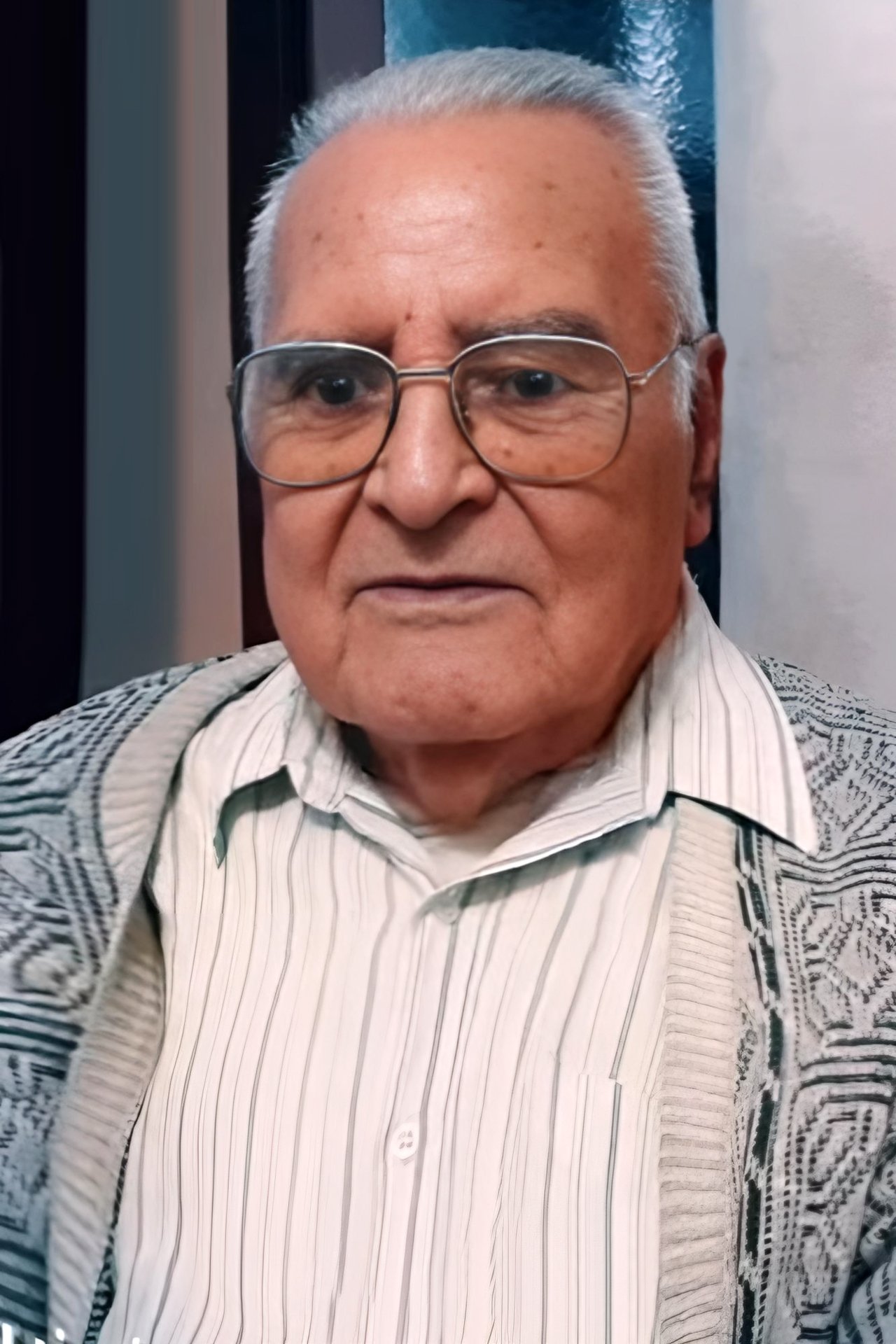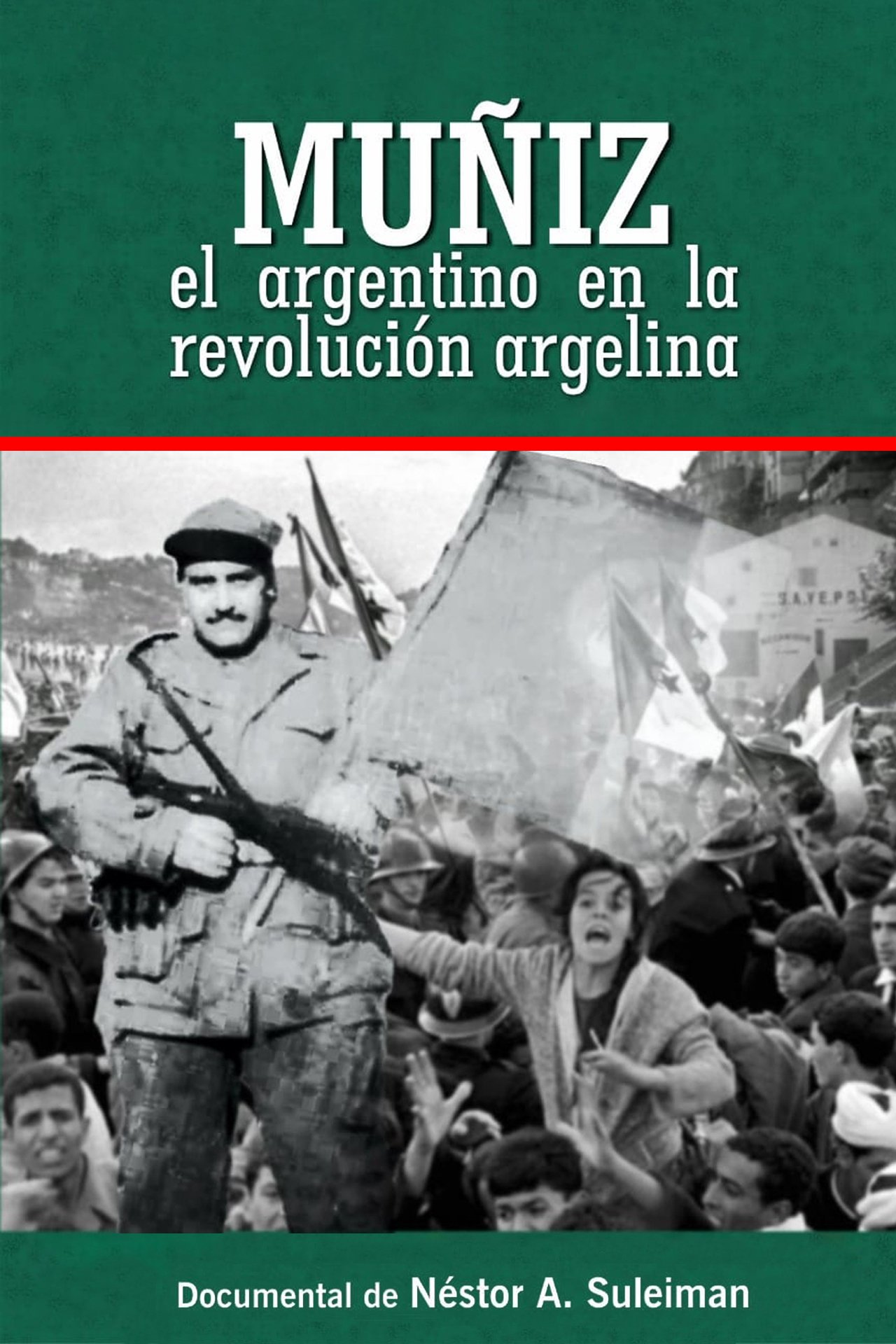

Roberto Muniz, nicknamed "Mahmoud the Argentinian," was a revolutionary fighter who joined the National Liberation Army in 1959 to support the Algerian cause in the war of independence against France. He joined a clandestine group that manufactured weapons and ammunition to be transported to Algeria to support the revolution that began in 1954. After the war, the Algerian government invited the mujahid to stay, an offer he accepted to begin a new life as an employee of Sonnelgaz and a member of the General Union of Algerian Workers (UGTA), accompanied by his wife Alfonsa, a textile union activist who came from Argentina to join this North African adventure.

In this film, four key witnesses, who live in Algeria today, as full-fledged Agerians, show us what this colonization was really like, so "beneficial" that they themselves perceived it as the oppression of one people by another. Three of them, who today would be called "pieds noirs," in other words, those Europeans to whom France, the occupying power, gave the best land, taken from the indigenous populations, work, and exclusive rights, not shared by the entire population, lived rather well compared to the majority of the "natives." The fourth was far from all that and lived in Argentina. Annie Steiner, Felix Colozzi, Pierre Chaulet, and Roberto Muniz explain to us what led them to show solidarity with the struggle of the weak, the humiliated, and to risk their freedom and their lives by committing to liberate Algeria.
Roberto Muniz (Arabic: روبرتو مونيز), born July 17, 1923, in General Villegas, Argentina, and died in Algiers on November 12, 2022, was an activist and fighter for Algerian independence. Roberto Muniz, nicknamed "Mahmoud the Argentinian," was the youngest of his siblings. Born into a modest farming family where the struggle for dignity was not an empty phrase, he learned to earn his living at a very young age. As a child, he already helped his father in the fields. The son of a peasant, he lived 500 km from the Argentine capital. He participated in field work until the age of 8. He was secretary general of the "Argentine Workers' Party." With the banning of Peronism and the loss of his job at the Siam factory, where he was a delegate, Muñiz emigrated to Córdoba, where he continued to be active in the union. Distinguished as a defender of the causes of the humiliated and oppressed, Roberto Muniz quickly embraced the Algerian cause. Having come into contact with members of the Algerian National Liberation Front (FLN), he spared no effort to organize and participate in their meetings in the Argentine capital. This was a selfless and sincere commitment. This was during the early years of the Algerian People's Liberation War, which began in 1954. The FLN's cause was a priority for him, and he campaigned for years to promote it. This commitment captured the interest of FLN representatives, who suggested he take it to the next level to further aid the revolution. In 1959, in the midst of the Algerian War, the revolutionaries, poorly equipped militarily, suffered heavy losses. Muñiz became even more committed to the cause: the Algerian revolutionaries desperately needed technicians, skilled people, to set up clandestine weapons factories. At that time, they had only managed to produce grenades, and supplies of long weapons arrived sporadically and always in insufficient quantities. Muñiz, who was already married to Alfonsa, a textile worker who was then a delegate in Alpargatas, left everything and went to Paris. In November 1959, he arrived in Morocco and joined a local FLN base. Roberto Muniz, alias Mahmoud (his nom de guerre, or rather, revolutionary nom de guerre), worked in weapons manufacturing workshops for the ALN's djounoud. After regaining independence, his wife Olga joined him in Algeria in 1962. He opted for Algerian nationality and officially became Mahmoud Roberto Muniz. He worked at Sonelgaz until 1980. His son Mahmoud-Luis, now a state hydraulics engineer, attended the Chazot school and then the El Idrissi high school in Algiers, before completing his studies at the University of Bab-Ezzouar. He left for Argentina where he lived for three years before deciding to return to Algeria. Roberto Mahmoud Muniz spent the rest of his life in an apartment in the hills above Algiers. His involvement in the Algerian War of Liberation is recounted in the documentary "Muniz, the Argentinian in the Argentinian Revolution" by Nestor Antonio Suleiman (2020). Roberto Mahmoud Muniz died in Algiers on November 12, 2022.
By browsing this website, you accept our cookies policy.